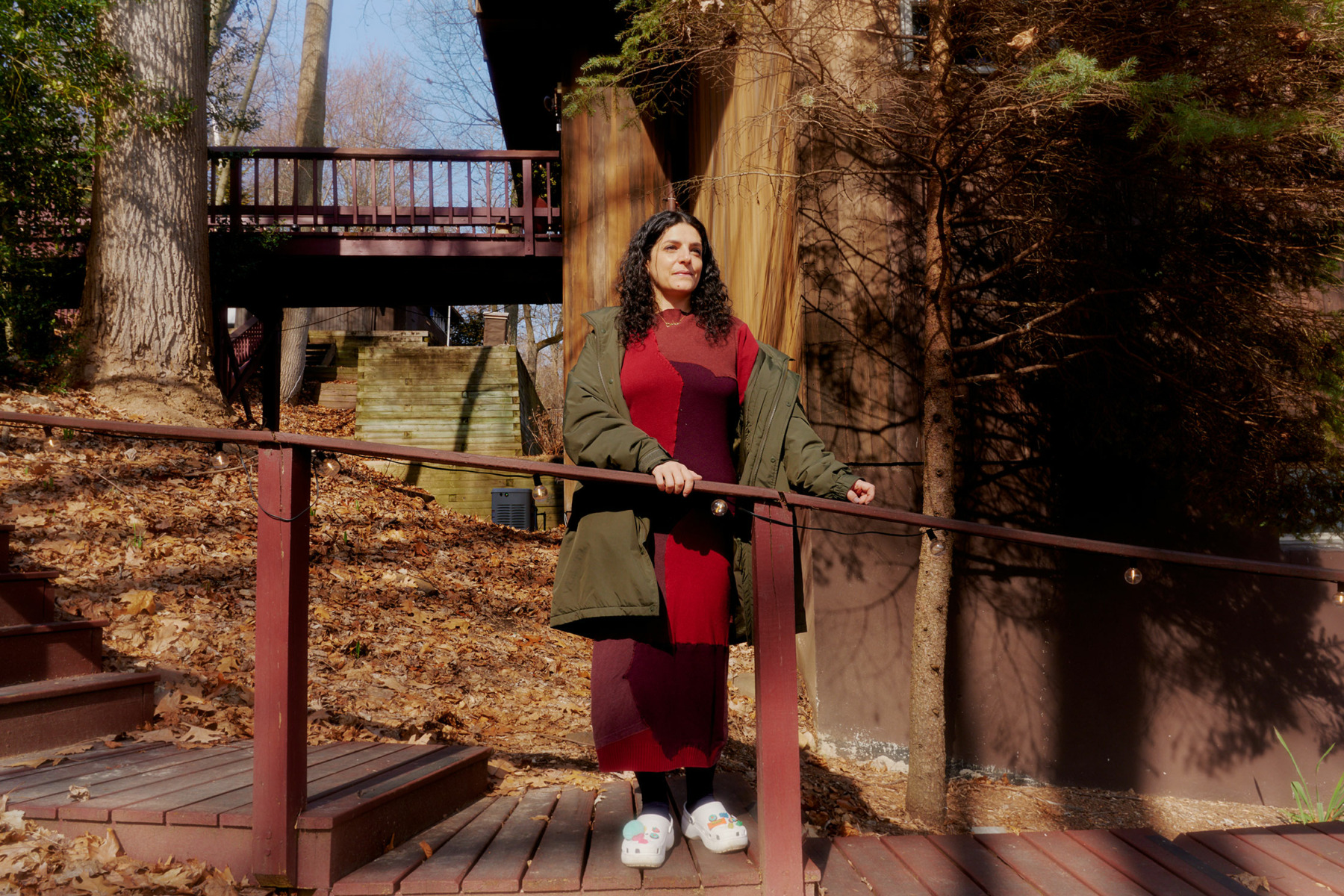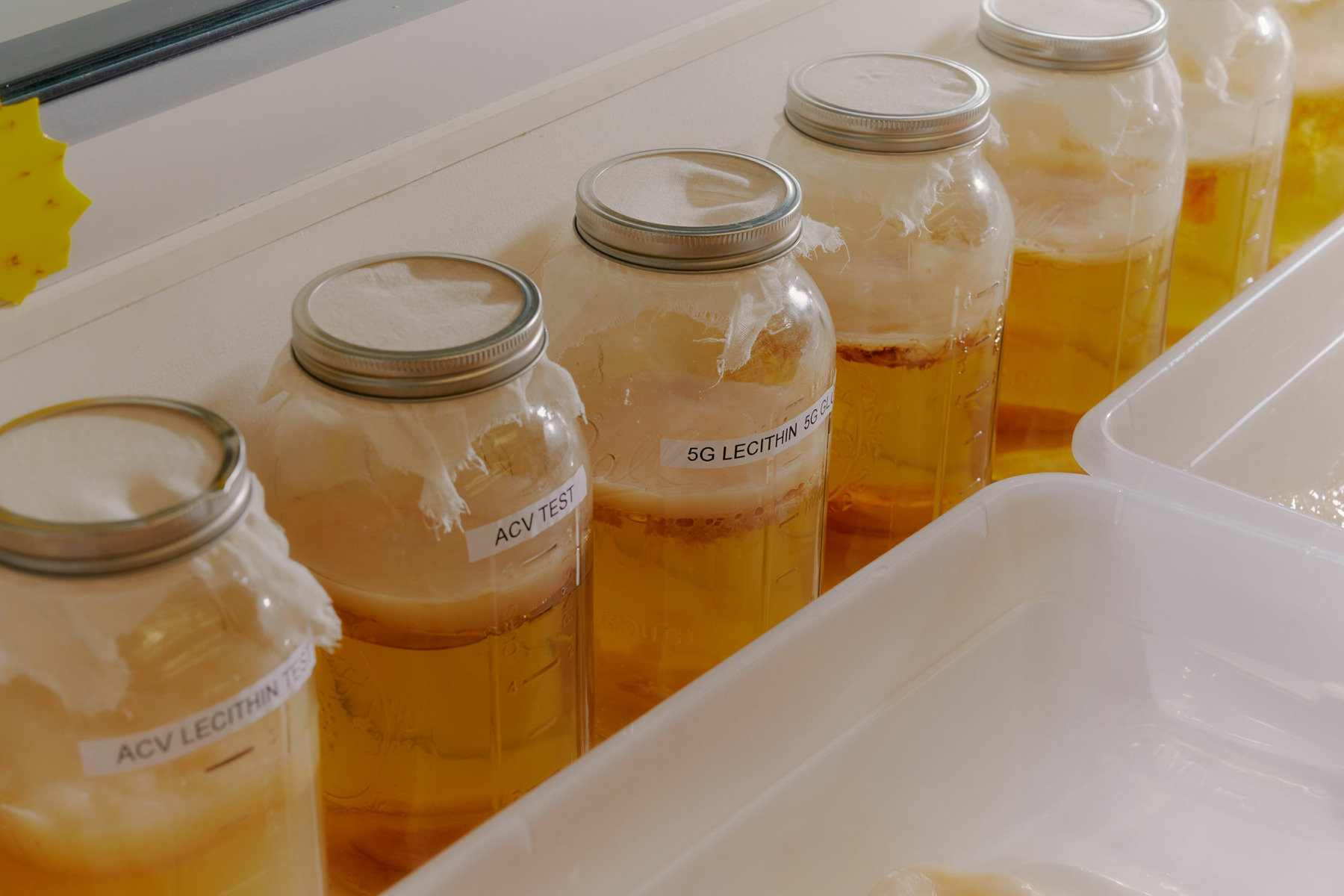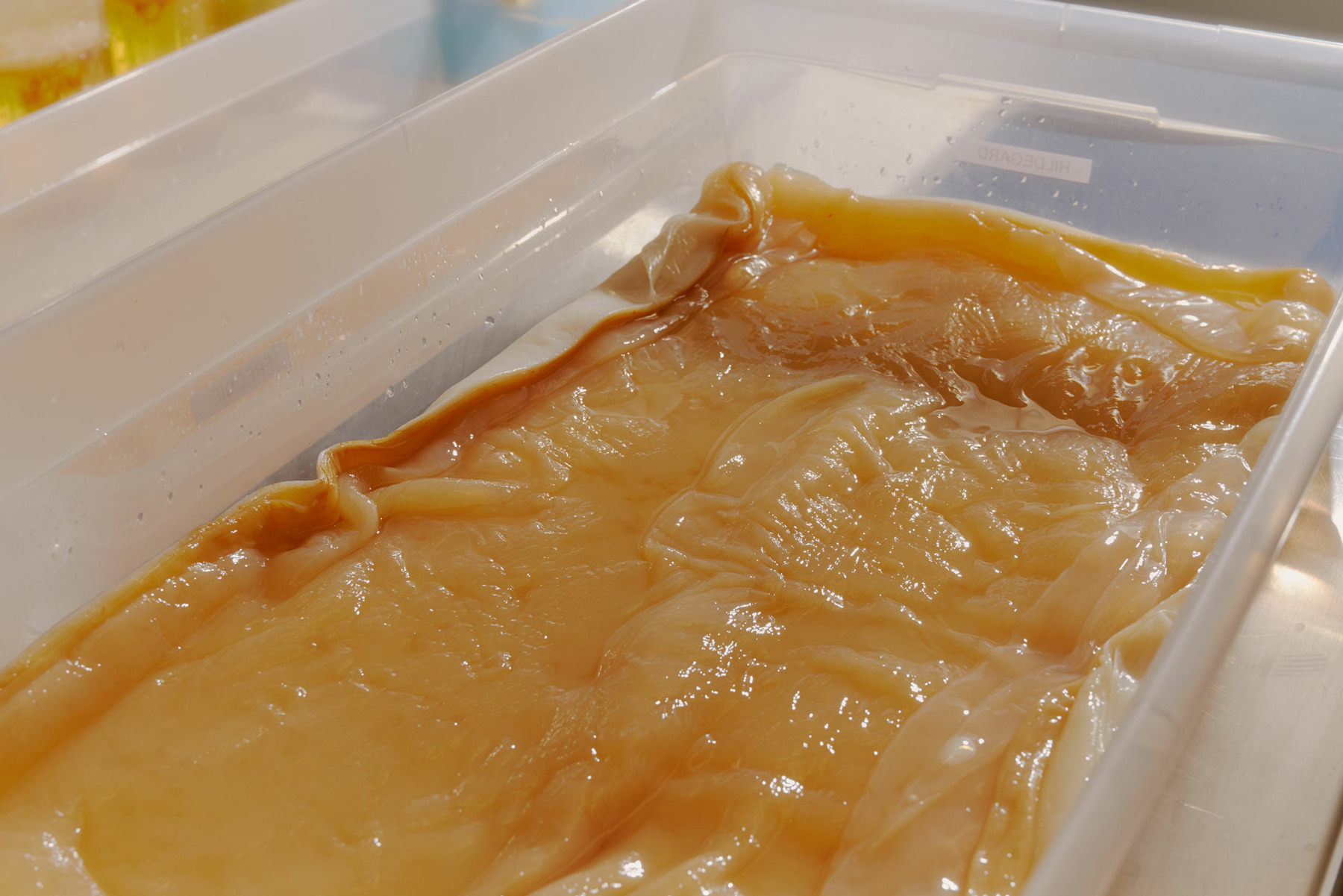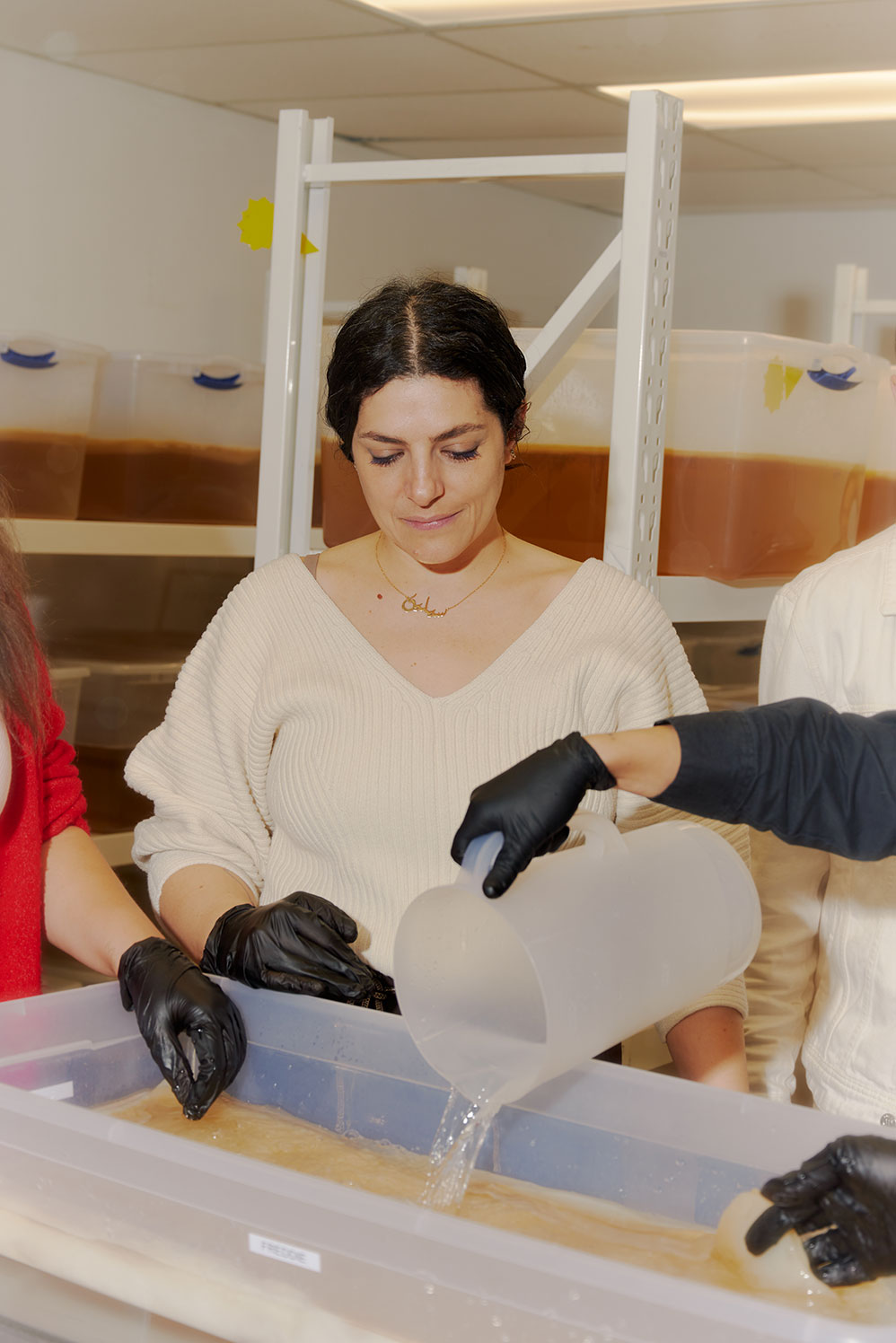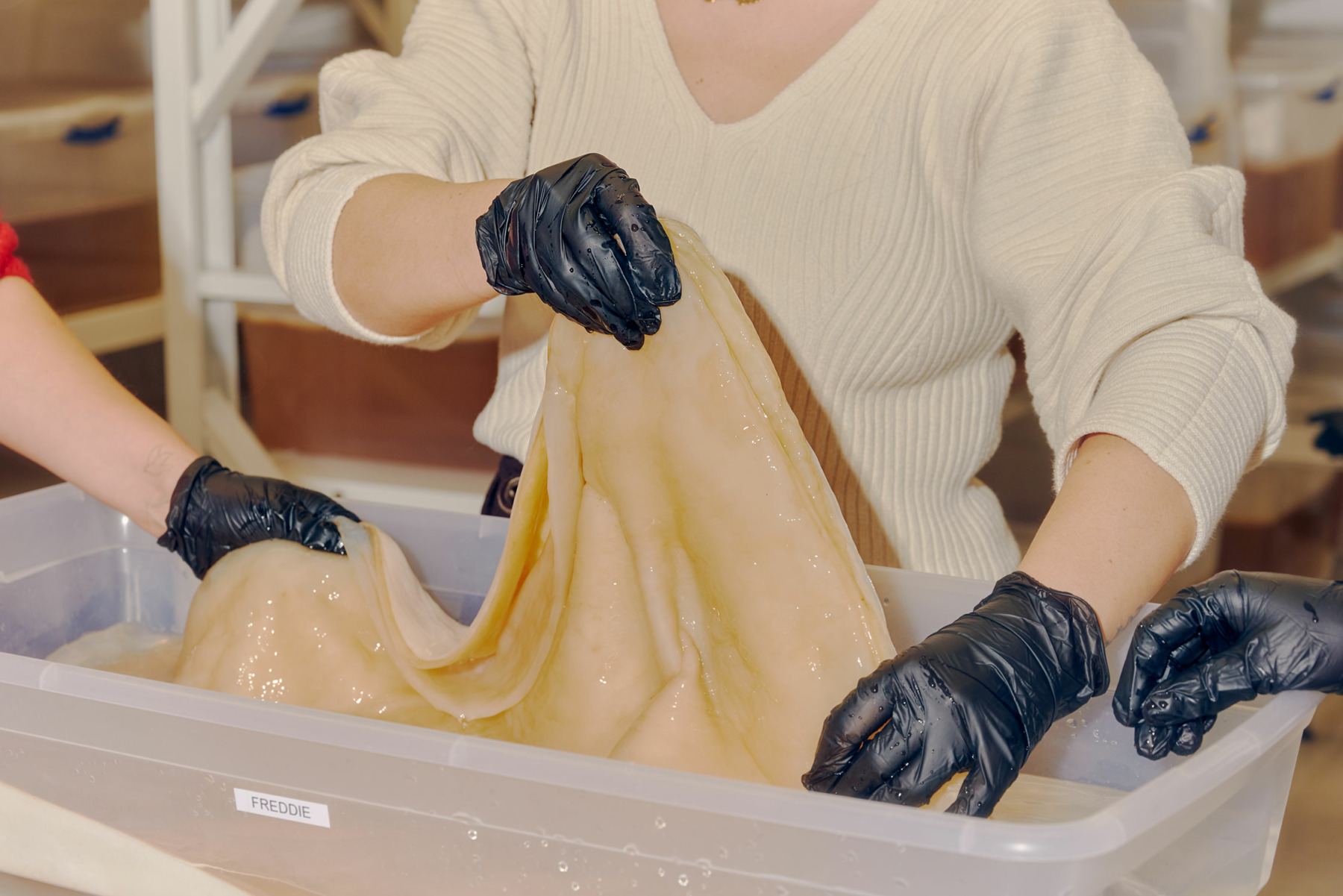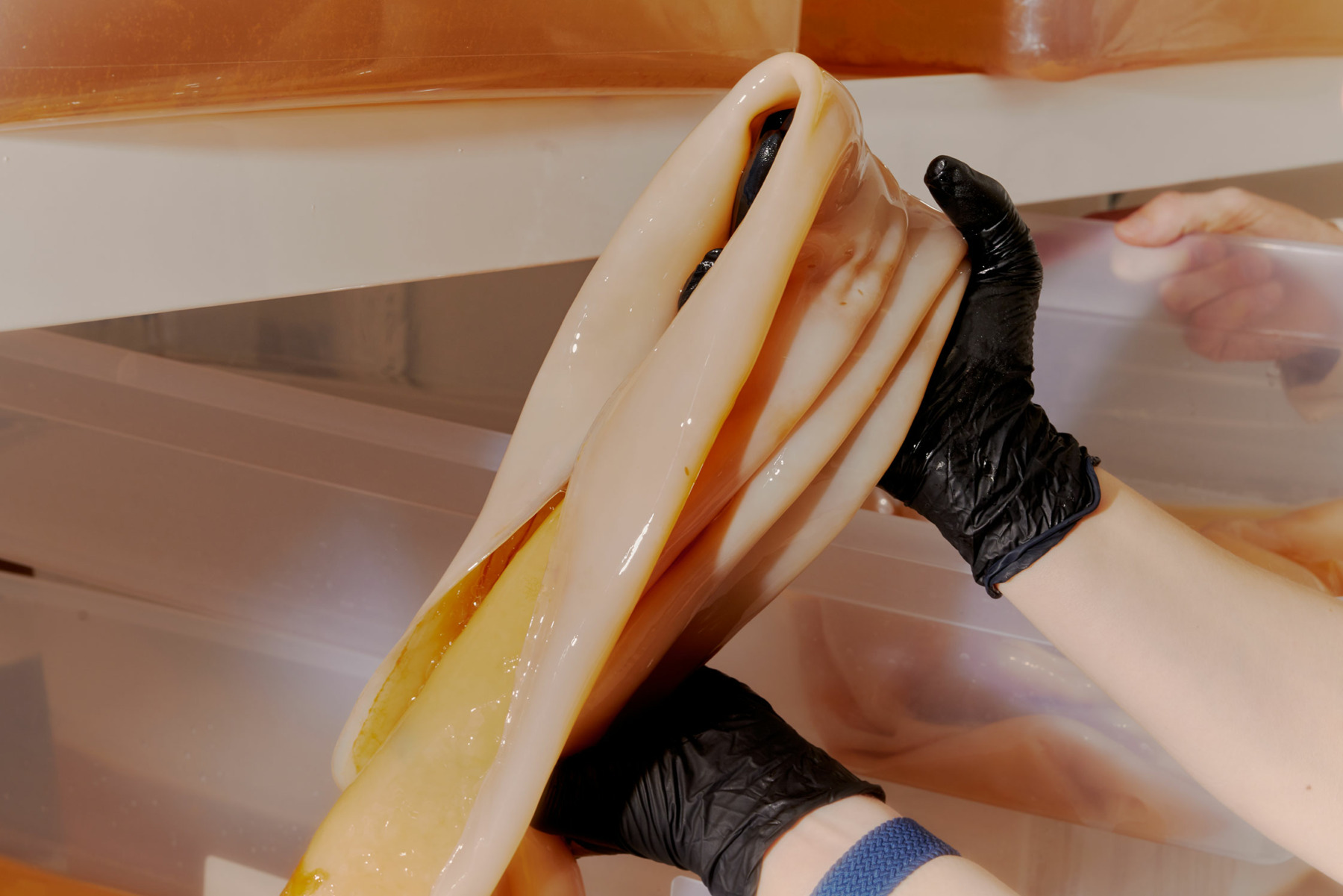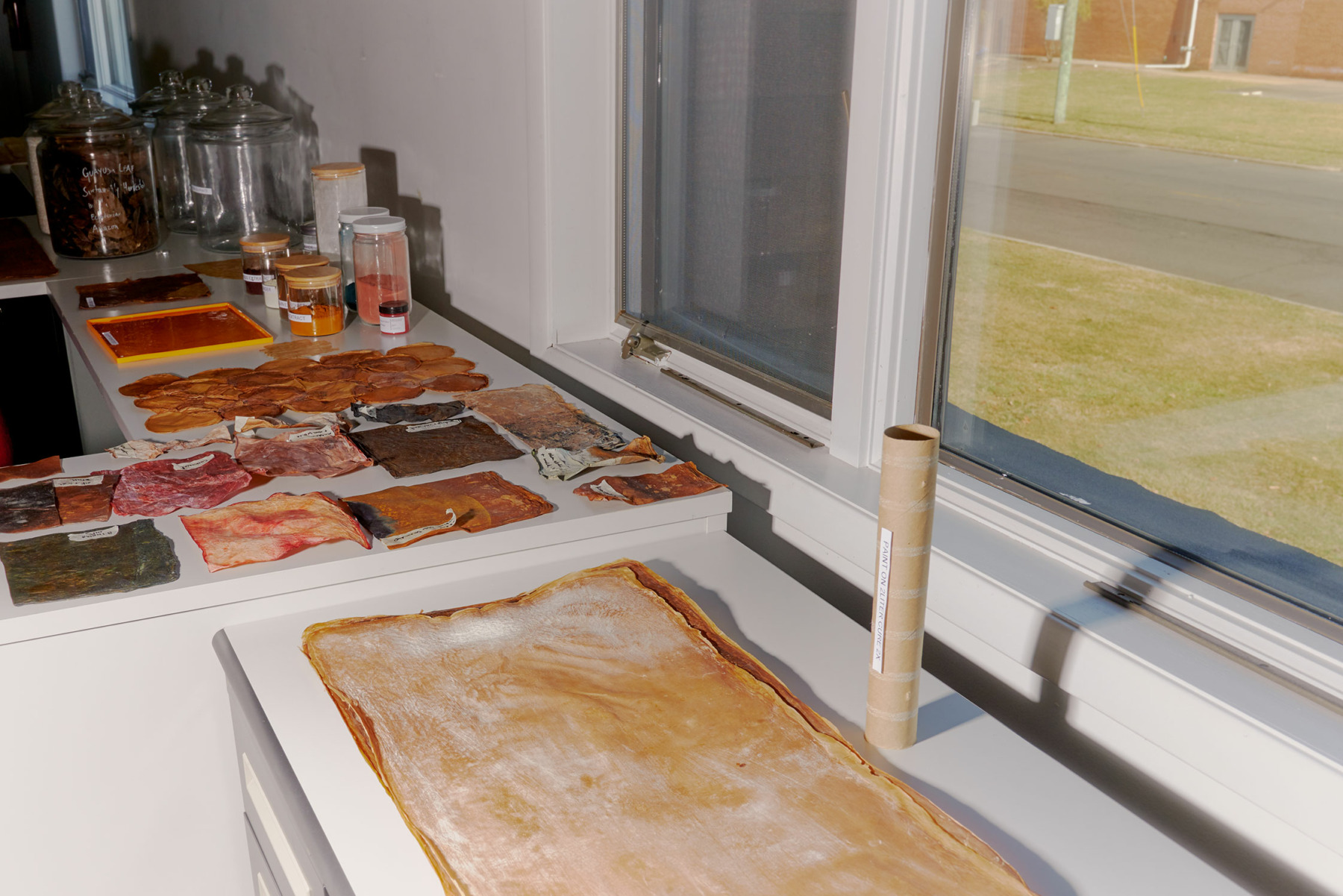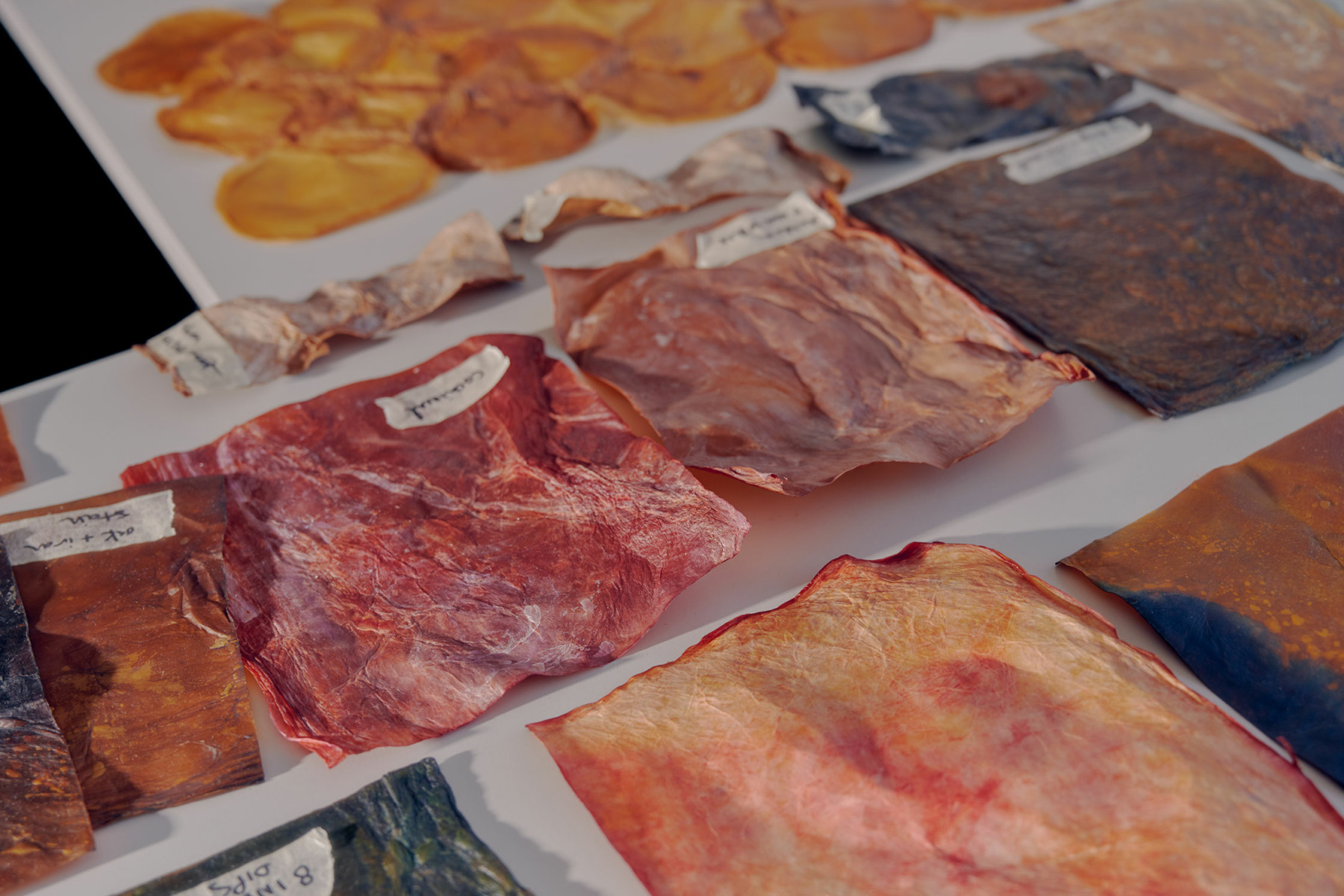Céline Semaan-Vernon, known for her activity as co-founder and executive director of Slow Factory, shares her views on ecology, collective healing, and embracing vulnerability.
This story is part of Movement, a series of profiles, think pieces, and photo essays exploring creative projects that put motion and fluidity at the center.
Céline, who has been living in a forest a little outside the city of New York since the COVID-19 pandemic, addresses life and the challenges facing the present with calm confidence, but things, she admits, are not and haven’t always been easy. The designer, writer, and advocate stepped foot on American soil for the first time as a refugee, having fled the civil war in Lebanon, her beloved home country, in 1986, at the tender age of three. After settling into Canada—a stay marked, as she narrates, by hostility, despite her personal efforts at integration—she would return to Lebanon with her close family at 13, where she would remain until moving to Paris and then Montreal to study art. Reflecting on those turbulent years of her life, so defined by movement, Céline talks about trauma and finding hope on the Internet in the early 2000s. “My whole life, I’ve felt like an outsider. Living in trauma […] you are always an outsider to your own experience. And, oftentimes, your family, they mean well, but they try to make you forget. So you constantly live with this idea, ‘did this really happen to me?’” Her experience of displacement—one she perceives as still luckier than that of most refugees—is why her “cause is mostly in refugee rights.” It also explains her attraction to what would later become her first field of work (or play): the Internet. “Having survived or, you know, living in a post-war country, and seeing that there was not so much that we could do. The Internet really brought a lot of light to many, many of us,” Celine explains. Although platform monopoly and a culture of mass digital surveillance make this easy to forget at present, in its conception and origins, the World Wide Web bore the promise of global connectivity, decentralized, open knowledge, and information sharing—values that Céline and Slow Factory openly advocate for today. Grounded in radical pedagogies, much of Slow Factory’s activity aims at empowering Global Majority groups and individuals through open education. We live “in a time,” Céline says, “where there is an actual war on intellectualism and education and it forces us into a polarizing state. We’re constantly at war with ourselves, with each other, with nature […]. When we fight education, we are fighting ourselves.”



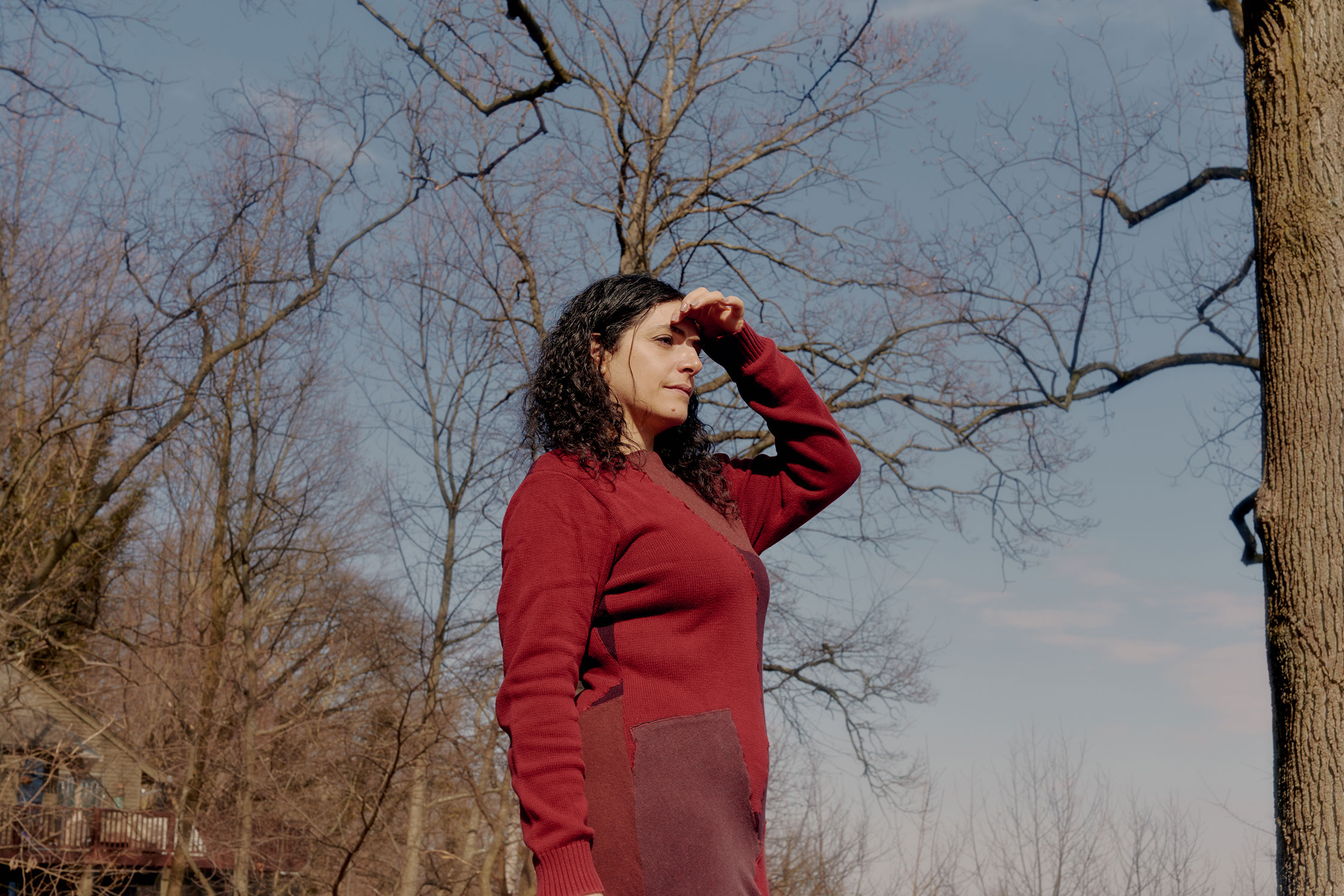
“Vulnerability is key for us to be able to evolve and to become closer to one another.”

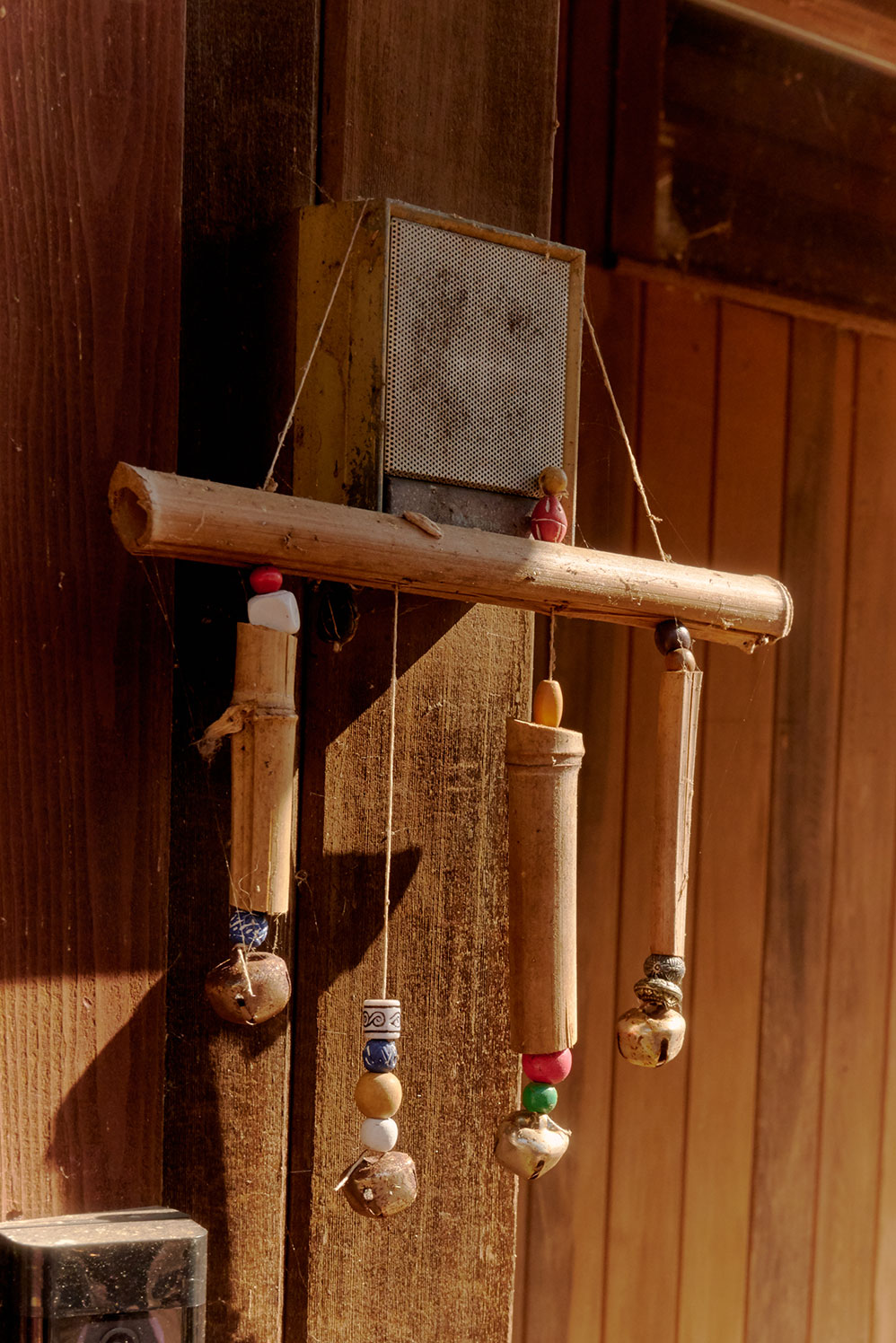
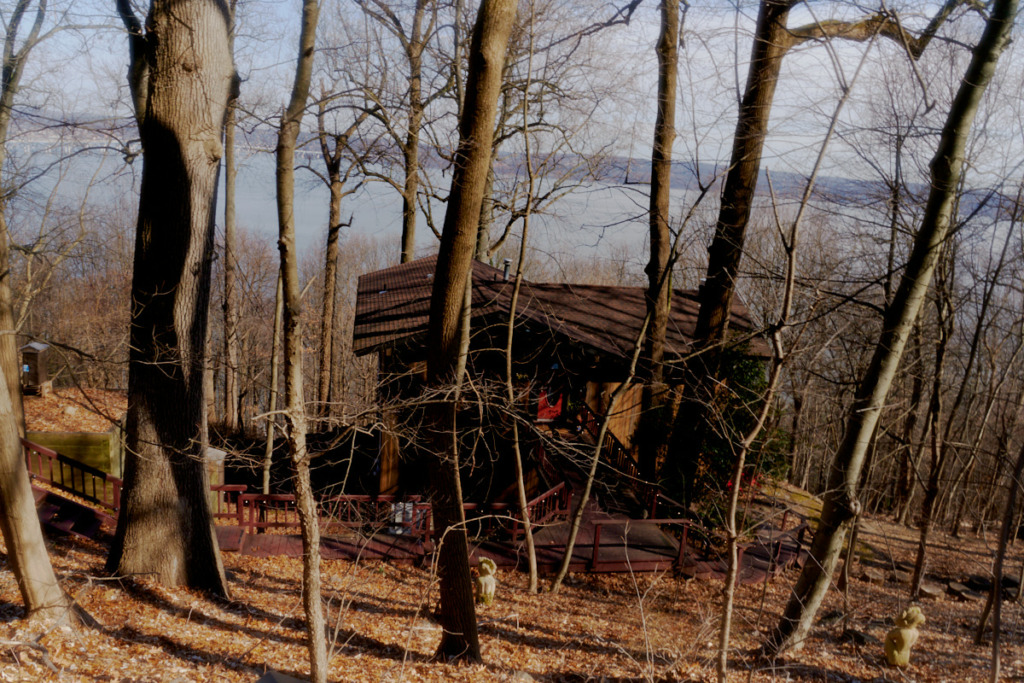
“We are working with the pollinator pathways of local groups and replanting the land with native seeds in order to protect the local ecosystems including native bees and other native species,” Celine shares about her relationship with the surrounding land.
Addressing her own, multifaceted role at Slow Factory—where current plans include the launch of a new climate school to house the foundation’s educational programs—Céline explains that she sees herself “a little like an octopus, you know, many different tentacles, and I am able to control all of them in a harmonious way.” Unlike most octopuses, however, who tend to avoid contact with humans, Céline is the opposite of a solitary animal: “I get this question a lot, ‘how do you make it happen?’ Or, ‘how do you do it all?’ and I am not doing it all. I have my family, who are my everything, my daughters […] that’s one big tentacle, my children.
[Then] Slow Factory, which is also, I feel, my child.” In both her work and personal life—and Céline admits that those lines are very much blurred for her—she seeks community or what, in staying with a non-anthropocentric perspective we might call ‘sticky entanglement’. Unofficially, she explains, Slow Factory was born concurrently with her love for Collis Browne, her life-partner and collaborator; officially, it was born a little after the arrival of the couple’s first daughter. The school, knowledge partner, and climate innovation lab have since grown into what could be described as a global movement. At the heart of Slow Factory’s efforts, Céline, once again, places relationality—a way of approaching the world that privileges belonging or being with others.



“What Slow Factory is trying to create is a space where we are invited to heal, to discuss, to imagine, to reckon, and to understand our differences in a way that doesn’t separate us, but brings us closer to each other […].”


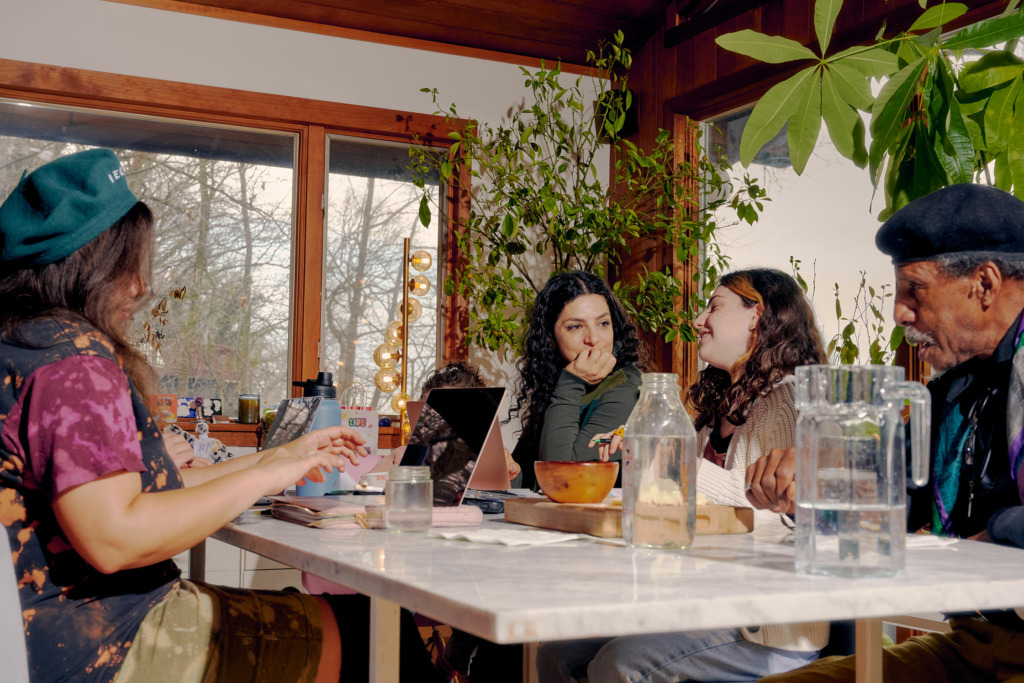
“Building global movements has been something that I’ve been very interested in since my participation in the Arab Spring, looking, along with my peers, at a pan-Arab identity, and the common denominator of all of our struggles […] like, what is it that actually unites us? And what are we all looking towards? And I think that from this principle, we can really work towards something that is complex, and plural […] what Slow Factory is trying to create is a space where we are invited to heal, to discuss, to imagine, to reckon, and to understand our differences in a way that doesn’t separate us, but brings us closer to each other […] we haven’t had these spaces historically. So we don’t have the tools; we don’t necessarily know how. But this doesn’t mean that we are not going to try because, at the end of the day, it requires humility to learn, you know, it requires a lot of vulnerability. Octopus doesn’t have a shell, right? And yet, it’s one of the most evolved creatures on this planet […] vulnerability is key for us to be able to evolve and to become closer to one another.”

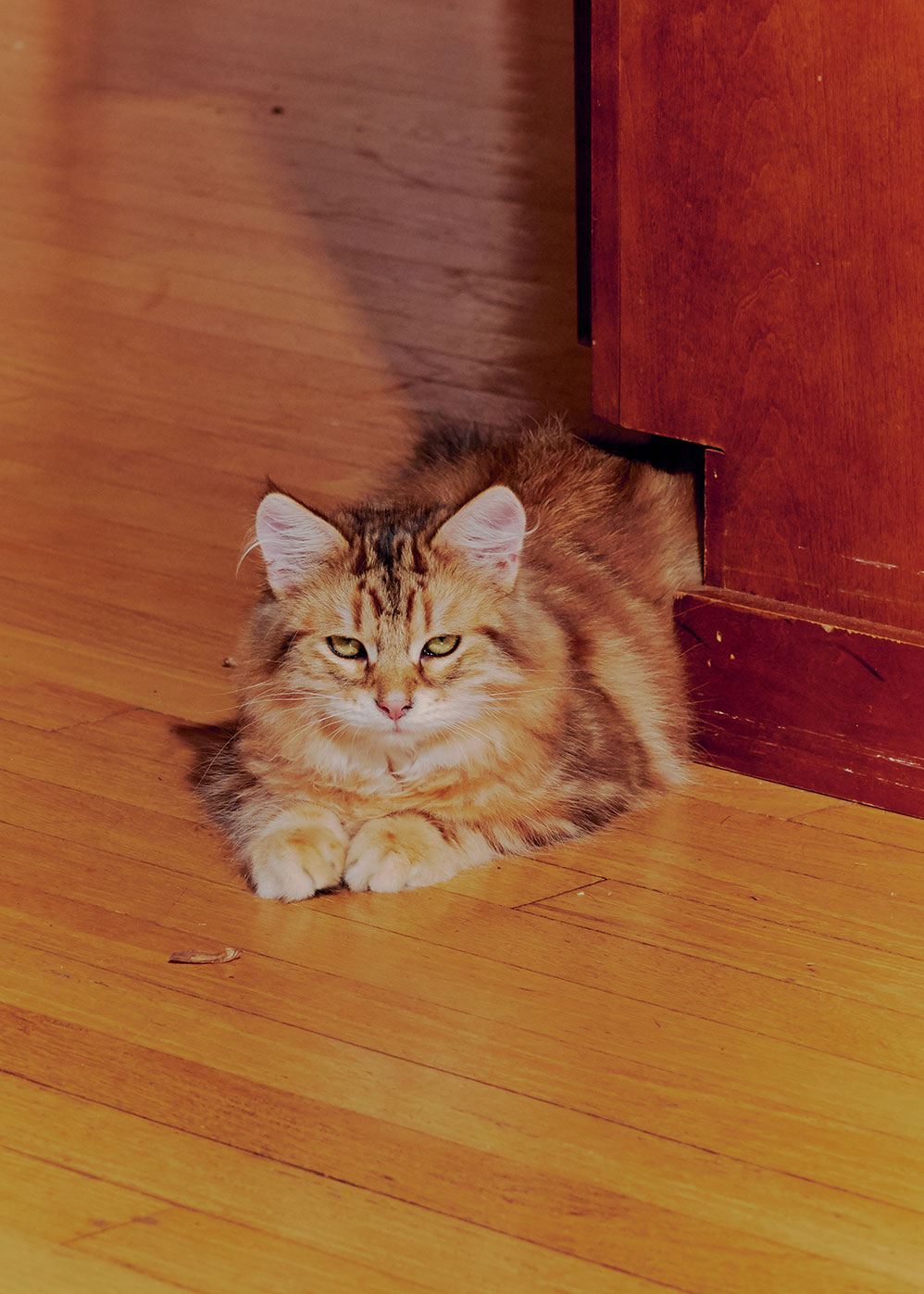



Céline’s points of inspiration reflect these same concerns: she reads Octavia Butler’s Parable of the Sower (1993); the works of, among others, Toni Morrison, Alice Walker, Sylvia Winter, bell hooks, and Nawal El Saadawi—speaking of whom, Céline confesses: “oh my gosh, her books. I kept them next to my bed and I kept thinking one day I want to write like her.” A little more surprising to discover is her love for those works or authors associated with the theatre of the absurd: Eugène Ionesco, Samuel Beckett, Albert Camus. But then again, there is something of Beckett’s “I can’t go on, I’ll go on” formula in her attitude, which turns militant as the conversation shifts to late capitalism, ecological crisis, and the terrain of fashion. “Not only is it sustainable to imagine and not only is it possible to imagine the end of capitalism,” she says, “but a lot of us are actively trying to build something else. [H]olding onto nihilistic ideas, that’s intellectually lazy.”
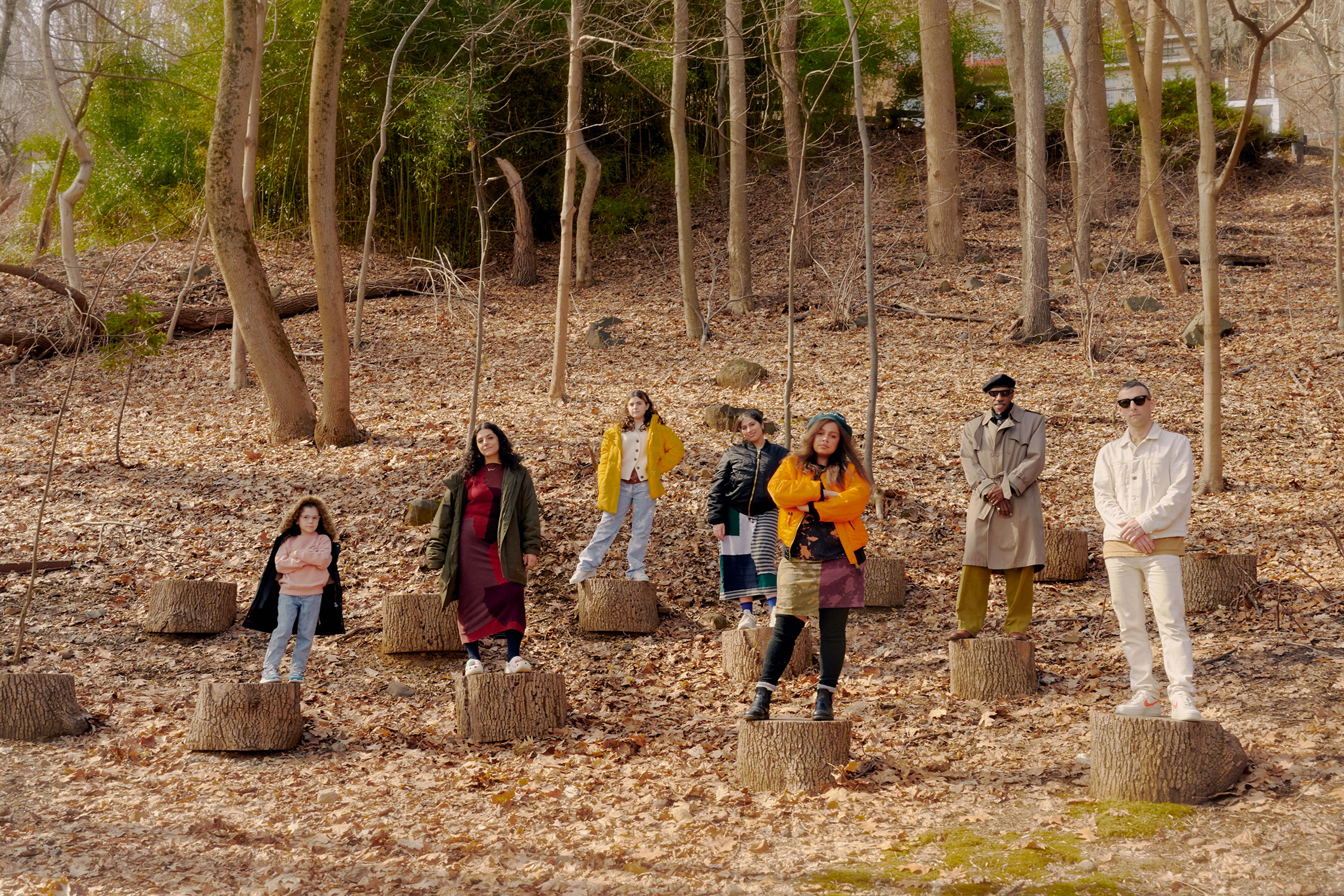
Céline, whose practice extends to fashion as a medium for social and environmental change, comments that there are many actors in the field who resist change, but she remains optimistic: “Of course, the industry is going to change but, let’s rewind back to 2001, when fashion, education, governments, and the media were all afraid of the Internet and the Internet shook every single industry, starting with music, rendering the object obsolete […]. Right now, climate justice is about to do the same thing to every single sector.” She stresses the necessity, in this moment, of performing anti-racist, anti-colonial work on ourselves, partaking, as she puts it, “in the urgent unlearning of harmful paradigms and systems that limit our beliefs and, therefore, our actions.” Still, Céline also accepts that transformation of this kind cannot happen overnight, and that there are no pure or perfect approaches either: “It’s messy,” she says, “but we have to do it.”

This recognition of the messiness inherent in the work comes at a critical moment for Slow Factory. Both the organisation and Céline herself were put under serious scrutiny in a Vogue Business article published on February 13th, 2023. When we speak, Céline chooses not to comment on it. But she does address one question which the article raises and which is both interesting and important: how can we make a difference, transform the world into a better place, while forced to do so from within, while compromised, to put it differently, by the current conditions of possibility? A huge part of this process, we seem to agree, and which may not be something we can easily measure or quantify, concerns the stories we tell about our past and present, so as to make alternative futures possible. As another lover of tentacular thinking, American feminist scholar Donna Haraway puts it, “It matters what matters we use to think other matters with […] It matters what stories make worlds, what worlds make stories.”
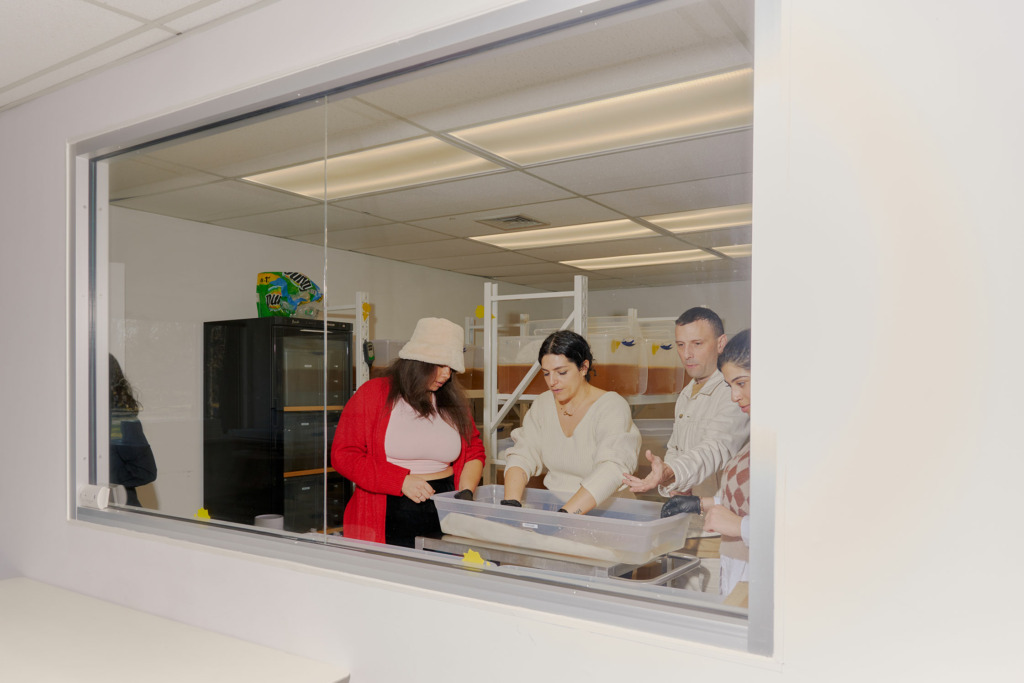


At present, and while Céline is laboring towards a “personal mythology” book that will tell her own story, her team is experimenting with bacteria at their Slowhide lab, which, she says, “will be part of the Slow Factory Institute very soon.” “We are vertically farming bacteria,” she explains, “feeding it tea and coffee waste, and it’s growing. And it’s weaving, bacterial nano-cellulose, which looks and feels like skin.” What stories, one wonders, might emerge there? Céline who, too, is curious, observes that we have a lot to learn from our tiny ancestors.
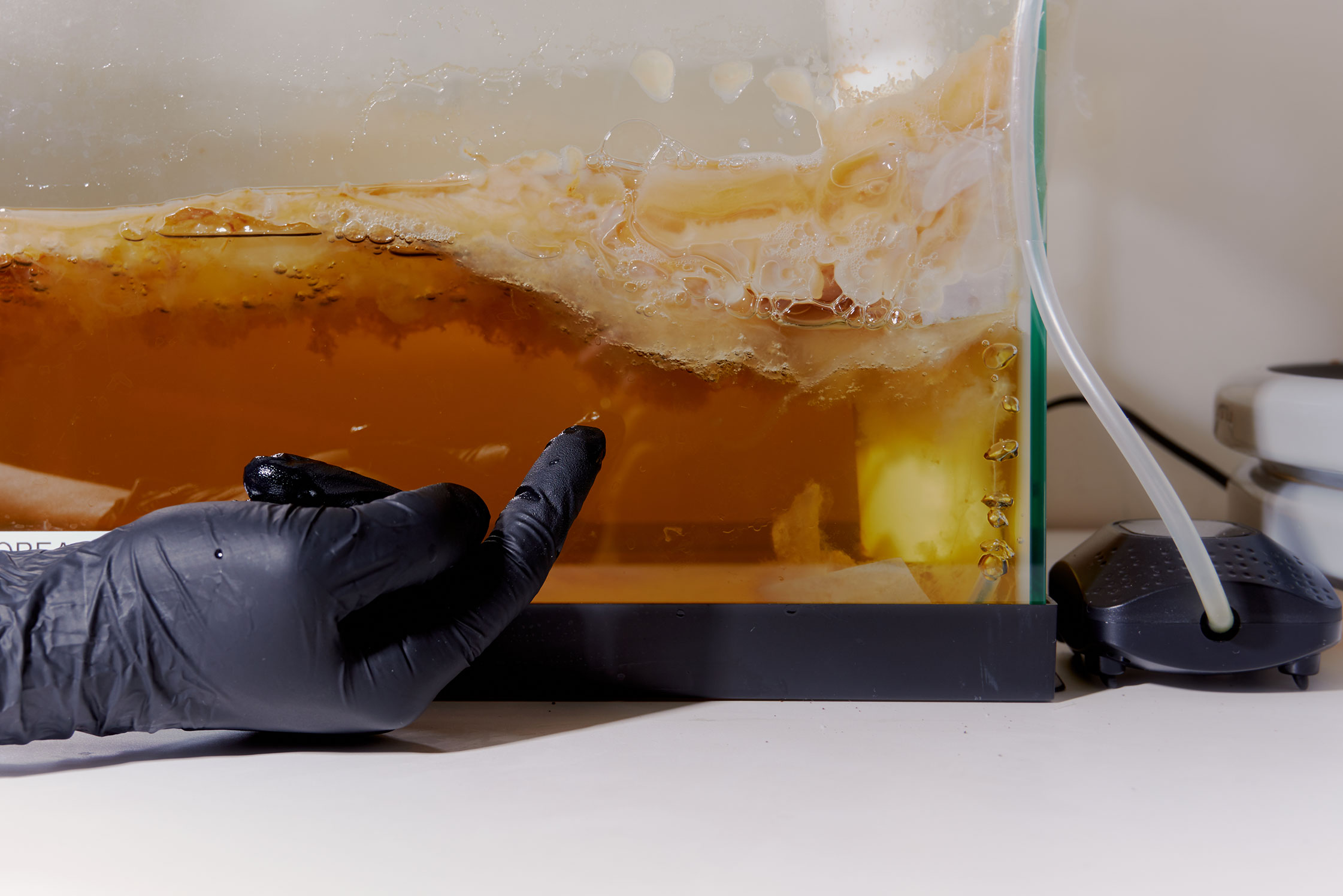
“[Now] the way bacteria work is in interdependence with their environment and each other. There is so much compassion and solidarity [there]”
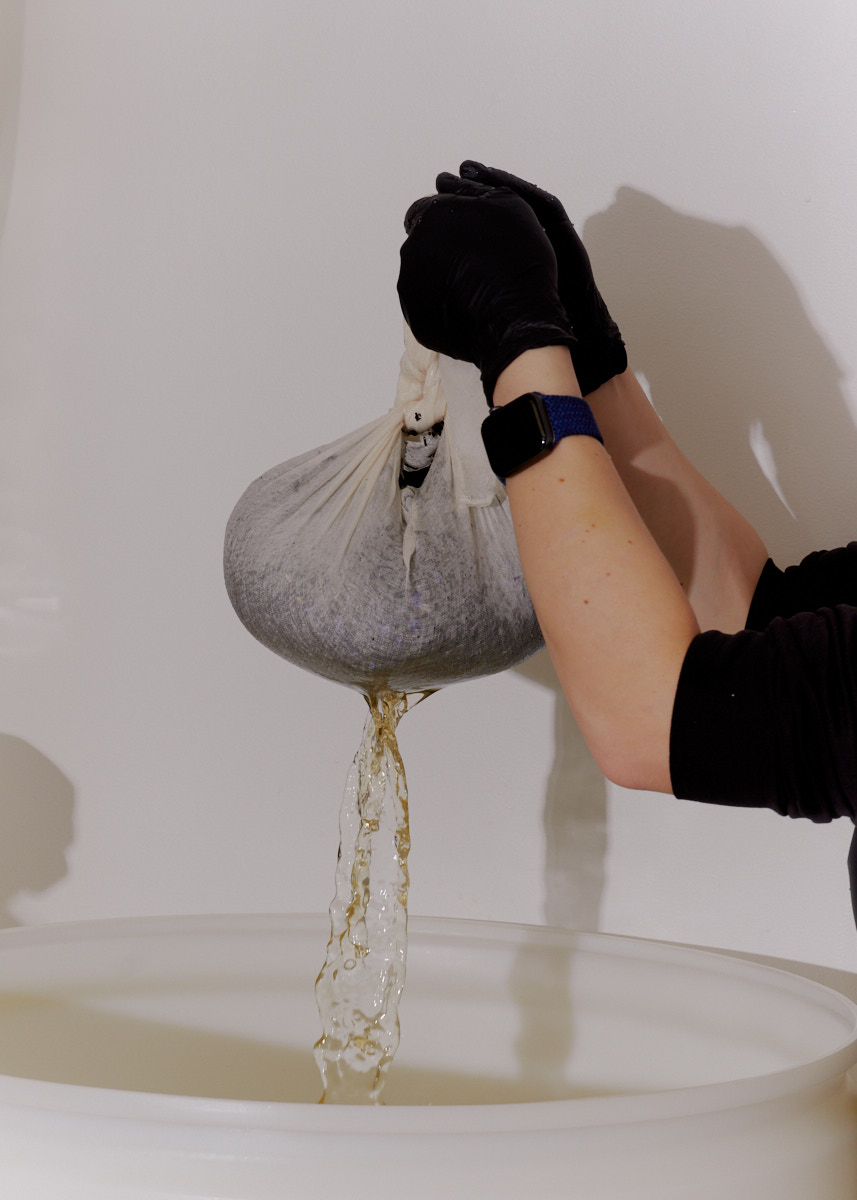

“Bacteria,” she observes, “is the unsung hero of biodiversity. […] we have such an adversary relationship to them, when in fact we are bacteria and bacteria is us; we are relatives. [Now] the way bacteria work is in interdependence with their environment and each other. There is so much compassion and solidarity [there]. I wish we were more like bacteria. They are very resilient. They will outlive us, you know.”
Like that of bacteria and Céline’s own, the story of our collective future may well be one involving the cultivation of webs of interdependence—one about perseverance in and by our sticking together.
This story is part of Movement, a series of profiles, think pieces, and photo essays exploring creative projects that put motion and fluidity at the center. In this profile, we tap into what it means to build a collective movement rooted in open education through the lens and personal experience of Slow Factory’s Celine Semaan.
Céline Semaan-Vernon is a Lebanese-Canadian designer, writer, and advocate known for her activity as co-founder and executive director of Slow Factory. Prior to that, her background has been in the open web and the Information Age. In this profile, she reflects on her personal experience and how it has shaped her interpretation of collective movement and environmental justice.
Text: Lilly Markaki
Photographer: Evelyn Freja
